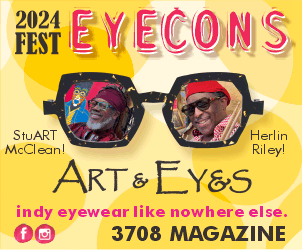Hurray for the Riff Raff’s new studio record, The Navigator, is a narrative concept album telling the story of a character, Navita, who resembles Alynda. Navita Milagros Negrón grows up poor and vulnerable on urban streets, but empowered by love and community, she overcomes fear to lead her people.
Photo by Sarrah Danziger.




